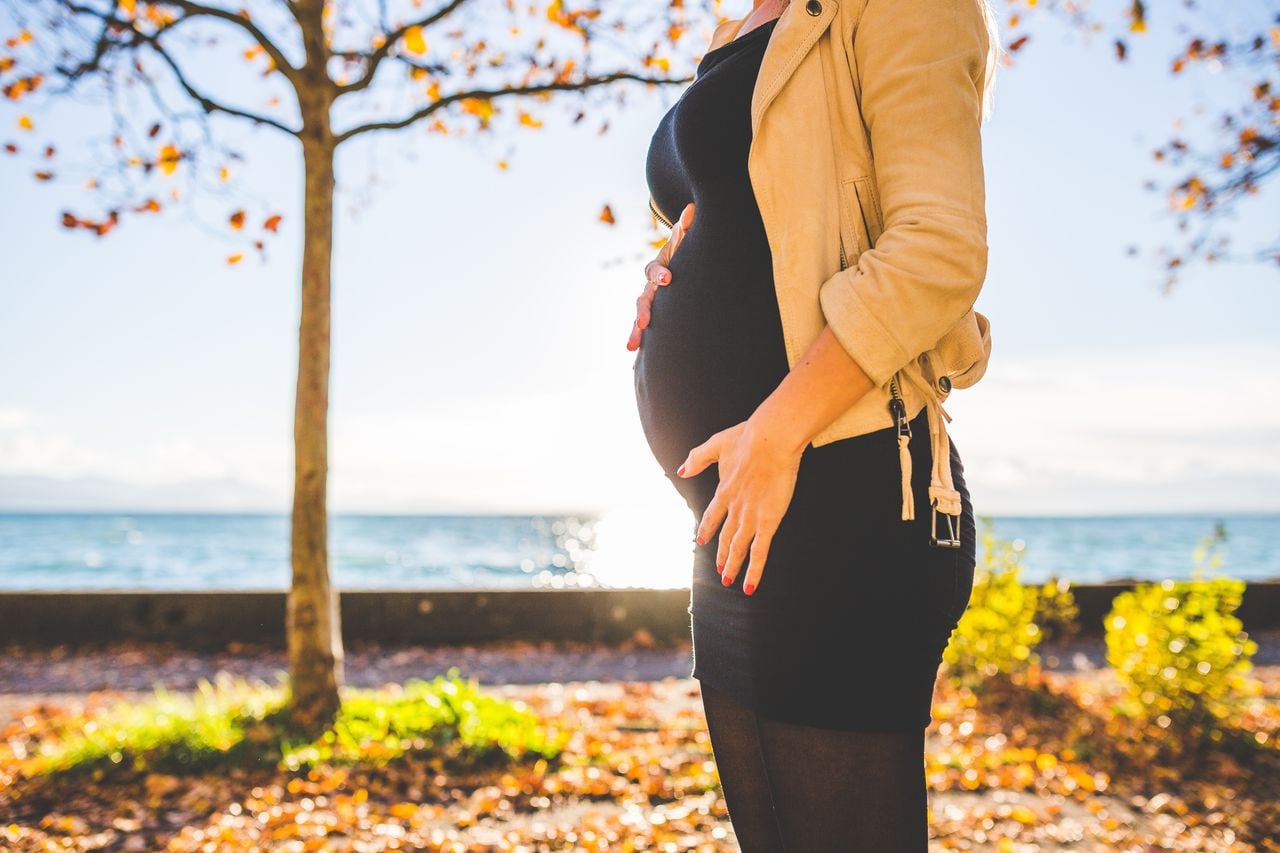Guest opinion: Alabama embryo ruling may make it difficult for us to have children
This is a guest opinion column
On Friday, February 16, the Alabama Supreme Court ruled in a wrongful death case that embryos are considered life. The decision is a landmark ruling that will make it more difficult for fertility clinics to stay in business, and, as a result, for women in Alabama to receive fertility treatment. To many, this decision, although alarming, does not directly impact their life. To a woman and her husband that have struggled through three miscarriages and who recently moved to Auburn, Alabama, this affects us astronomically.
My husband accepted his dream job as a professor at Auburn University in the Spring of 2023. As huge SEC fans and proud southerners we were overjoyed to move from Texas to Alabama. We had had a very hard past year, and this was a bright spot in the sadness of it all. We lost our first attempt for a baby in May 2022 after being married for almost a year. Then subsequently two more in September 2022, and January 2023. We were told that we had genetic issues, and that our only real hope in creating a family, would be through IVF. We struggled with this information for some time and finally in November 2023, we decided to start the IVF process.
IVF is a grueling process, and our journey has been more winding than either of us anticipated. First, we were new to Auburn, Alabama, so we had to find a doctor and a clinic. We suffered through months of testing and getting poked and prodded. Finally, in February 2024, we started on our IVF cycle. A cycle of IVF, regardless of the personal protocol, will consist of hormone stimulation, egg retrieval, creation of embryos, and then lastly, implantation. In our case, we must go through another step called PGT (Preimplantation Genetic Testing), to ensure that our embryos are genetically normal. I am currently in the first stage of hormone stimulation. I must take over 25 shots in approximately a ten-day timeframe. Additionally, I will have 4-8 monitoring appointments—which I must drive over 45 minutes one way to—within this short time frame. Although it is a stressful process, I am ecstatic to have started it because it means I am one step closer to being pregnant with my future child.
But the Alabama Supreme Court ruling puts my IVF journey at risk of being cut short. According to Alabama Supreme Court Justice Jay Mitchell the Wrongful Death of a Minor Act “is sweeping and unqualified. It applies to all children, born and unborn, without limitation. It is not the role of this Court to craft a new limitation based on our own view of what is or is not wise public policy. That is especially true where, as here, the People of this State have adopted a Constitutional amendment directly aimed at stopping courts from excluding ‘unborn life’ from legal protection.” The interpretation for many would be that embryos are life and therefore have rights, but it goes beyond that. In the creation of embryos, many do not survive the process. Mostly from natural causes, but others for unknown reasons. It would be impossible for doctors in Alabama to successfully run an IVF clinic in Alabama without constant fear of a wrongful death lawsuit.
My overall question to the Alabama Supreme Court, and to anyone who has questions regarding whether IVF is moral or ethical, is – should our government be able to control an individual’s right to have a child?
My husband and I desperately want to start a family. We’re married, own a home, are financially stable, and we have a ton of love to give. Yet, the Alabama Supreme Court is telling us that we aren’t worthy of a family because we have medical complications with pregnancy. This has made us question our friends, peers, and neighbors: the Alabamians that so warmly welcomed us into their community. Are they now too engrained with propaganda from the pro-life movement, that they lose sight of empathy for those who want to create life?
We don’t know what this court ruling means fully, and we don’t know if it will affect my IVF journey. It is scary to think that it might. It is hard emotionally (perhaps exacerbated by the great deal of hormones coursing through my body currently) to think that the government could deny me the right to ever be pregnant. The conversation for so long has been about whether the government has a right to tell a woman that she must stay pregnant if she is. Somehow, it is now changing to whether the government has a right to tell a woman that she can or can’t get pregnant if she isn’t.
Gabrielle Goidel lives in Auburn and is currently going through IVF with her husband.
